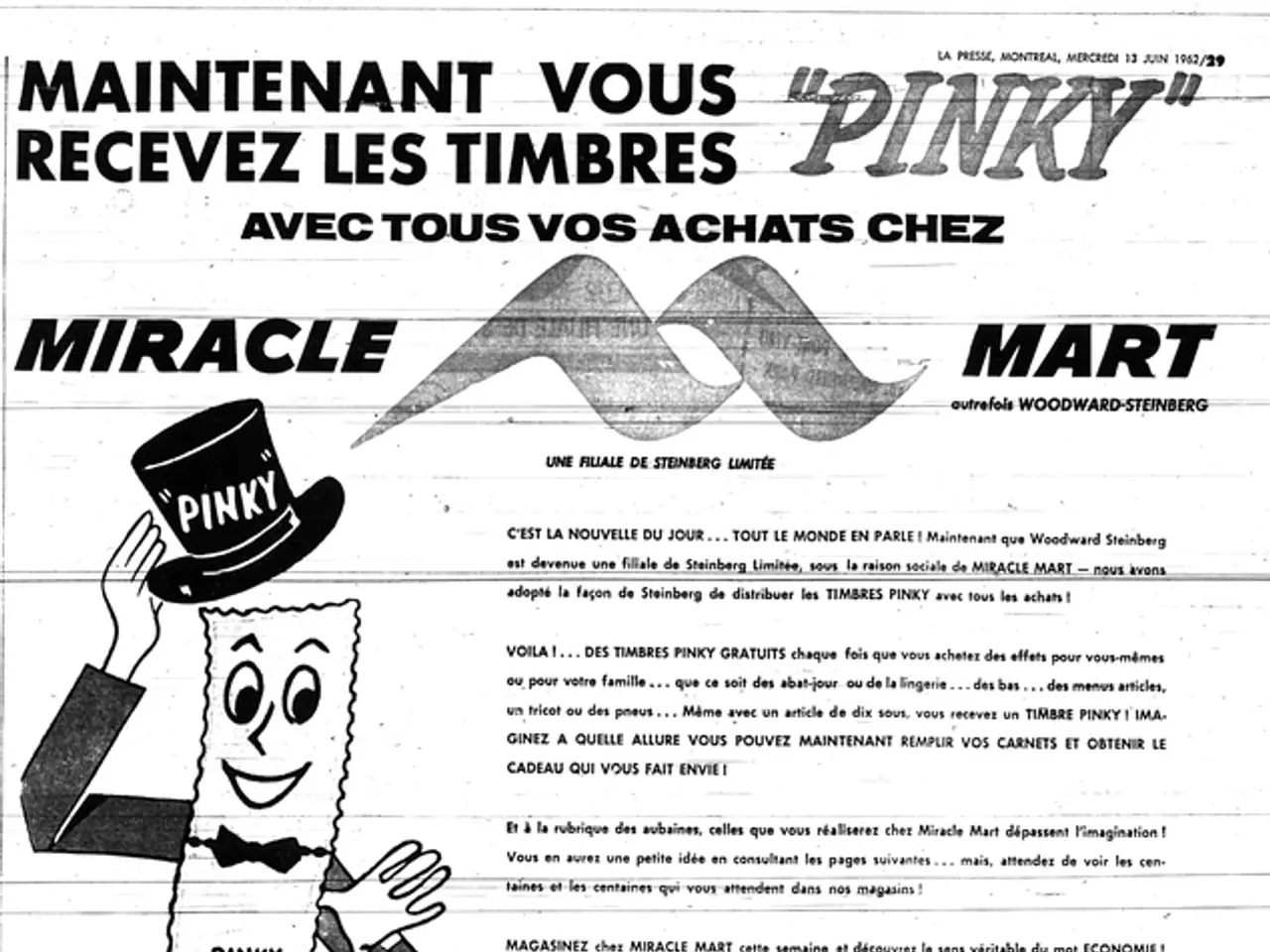A Look into Jon Voight's Abolished Hollywood Rescue Strategy
In a bid to revive the struggling film industry, Jon Voight is actively advocating for a nationwide federal film tax credit known as Section 181. This tax credit, which allows film productions shot in the U.S. to deduct production costs in the same year instead of depreciating them over time, is at the heart of Voight's plan to make filming domestically more financially viable.
Voight's plan is gaining traction in Congress, with bipartisan support for extending Section 181 beyond its current expiration at the end of 2025. The aim is to extend it through 2030, and Voight is also pushing to increase the allowable deduction from the current $15 million to $30 or $40 million, and to create greater incentives for productions in low-income areas of the country.
Steven Paul, a key developer of Voight’s plan, is taking practical steps towards revitalizing Hollywood's production infrastructure. He has recently acquired a production facility in Van Nuys to facilitate local filming.
Hollywood unions and the Motion Picture Association have joined the call, requesting the reauthorization of Section 461, which allowed companies to carry back their net operating losses for up to five years. This provision expired in 2022 and was particularly beneficial to film companies with uneven revenue streams.
The global production downturn since 2022 has revived discussions about a federal incentive. If a federal incentive were in place, producers might face a penalty for choosing to go overseas. However, as of now, California, New York, and Texas have boosted their incentives, but nothing has yet emerged on the federal level.
In a surprising turn of events, Trump had threatened to tariff foreign-made films, but recent conversations suggest that this idea has not been a topic of discussion.
A bipartisan group in the House and Senate has introduced a bill to extend and expand Section 181, a tax deduction for independent film producers. If successful, this could mark a significant step towards keeping film production and jobs within the U.S., preserving American filmmaking that reflects national values and supports local economies.
Rep. Laura Friedman, a Democrat from the Los Angeles area, has expressed support for a federal film incentive, and California Sen. Adam Schiff is also working on the idea. However, no Republicans have publicly signed on, and Trump has not expressed his support yet.
Hollywood stakeholders are hopeful that a federal film incentive will be introduced in Congress this year, marking a new chapter in the industry's history.








